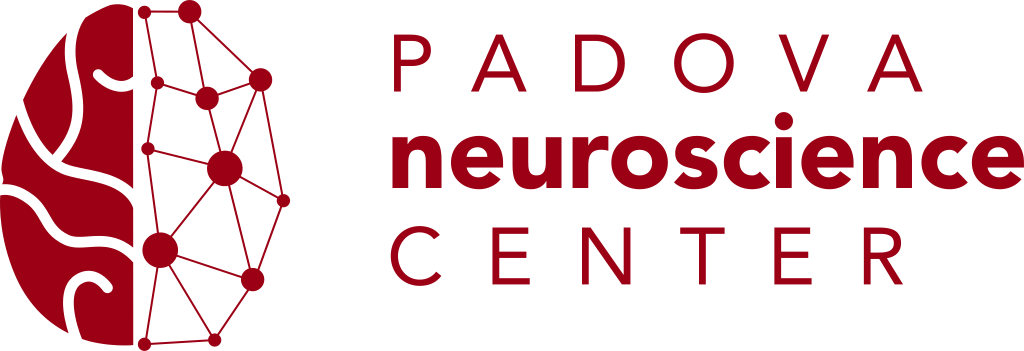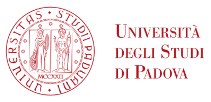by prof. Marcus E. Raichle, Washington University in St. Louis
When: June 17th, 2021 – 5:00 pm
Where: Zoom meeting
Abstract: The core idea in this talk is that brain-wide, ongoing activity is essential for brain function and behavior. This activity accounts for 20% of the energy consumption of an adult human even though the brain contributes only 2% to the weight of the body. Brain activity associated with task performance is associated with surprisingly small regional changes in brain energy consumption. These changes are so small that they have no effect on the overall brain energy consumption. The emerging challenge for neuroscience is to understand the contribution this very high-energy consumption makes to brain function. What has been revealed over the past several decades as imaging of not only humans but also other mammals as well as flies and worms is a remarkable brain-wide, functional organization within this ongoing activity.
The objective of the talk is to provide an overview of this rapidly expanding body of work emerging from laboratories worldwide.
Short bio: Marcus E. Raichle, a neurologist, is the Alan A. and Edith L. Wolff Distinguished Professor in Medicine with joint appointments in Radiology, Neurology, Neurobiology, Psychology and Biomedical Engineering at Washington University in St Louis, Missouri, USA. His research over the past 51years (first scientific paper published 1970) has focused on the relationship of brain circulation and metabolism to brain function. He was the member of the team that introduced the first tomographic images of brain blood flow and oxygen consumption with PET. Noteworthy accomplishments during this time have been the discovery of the relative independence of blood flow and oxygen consumption during spontaneous and evoked changes in brain activity which provided the physiological basis of fMRI; the discovery of a default mode of brain function (i.e., organized intrinsic activity) and its signature system, the brain’s default mode network; and that aerobic glycolysis contributes to ongoing brain function independent of oxidative phosphorylation. Current research focuses on the metabolic and neurophysiological organizing principles of the human brain’s intrinsic activity in health and disease. He is a member of the US National Academy of Sciences, US National Academy of Medicine and the American Academy of Arts and Sciences.


